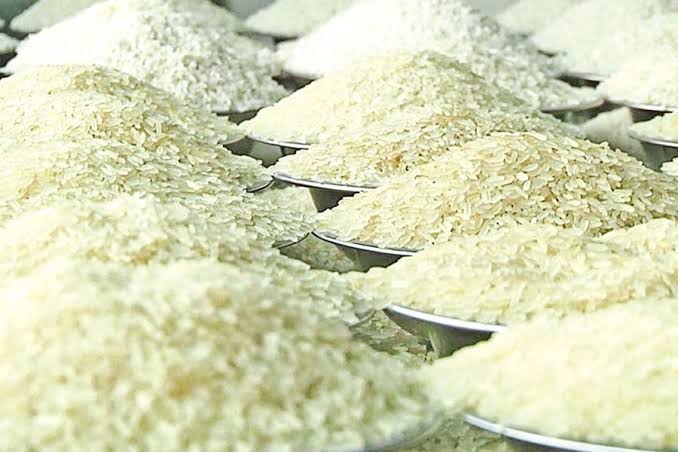
Published :
Updated :

Bangladesh's drive to build a substantial stock of rice to meet any contingency appears, on the face of it, to be quite logical. When the market is jittery despite a highly satisfactory boro--- the number one grain--- harvest, the government allowed 242 private traders to import rice. Now that Asian countries report record paddy harvests and India, the topmost rice exporter deregulates its export, price of the staple on the international market has dropped sharply. Traders who obtained import licences did not want to miss the opportunity. They rushed to import rice, particularly from India. Parboiled rice with 5.0 per cent broken rice was imported at only Tk 46 a kilogram. By September 400,000 tonnes of rice out of the 500,000 ceiling arrived in the country. The rest 100,000 tonnes may have been left for a bargain before import and use according to the situation.
Quite intriguingly, prices of all varieties of rice have increased in times of both boro and aman harvests. Even the import of rice to the tune of 400,000 tonnes by September had no reflection on the staple's price. Earlier, prices of coarse and fine rice were increased by Tk 2.0 to Tk5.0 a kilogram but this year prices have soared by as high as Tk10 to Tk15 a kilogram. Another important factor is that the country's domestic rice production was 40.60 million tonnes in the financial year 2024-25, which is marginally lower than the previous year's 40.70 but more than enough for the country's need. The country consumes 35-37 million tonnes of rice annually. If these estimates are correct, why should the country have to import rice in the first place? Loss of food grains would not quite explain this. The business syndicate of importers, millers and middlemen are out to manipulate the rice market.
So, import of rice alone cannot restrain the volatility of market. If it did, the imported rice priced at Tk 46 a kilogram would have had a sobering impact on the rice market. Shortfall or not, the business syndicate knows how to skirt around any government restriction. In case of obtaining import licences, there were binding terms and conditions that the imported rice has to be disposed of in the open market by September 30 but the deadline has been extended up to November 30. The conditions also make it incumbent on the importers that they sell rice in the original packages and report to the district food controllers on their stocks, storage and sale in order to avoid rebranding of imported rice.
It is quite clear that the gap between the imported price at Tk 46 a kilogram and selling price of even coarse rice at Tk 65-70 leaves a huge profit margin. A reasonable profit margin would have helped bring down prices of all types of rice but this has not happened. The coarse variety is now sold nearly at prices of the medium grain and the medium's price has touched the finer variety with the finer grain selling at Tk 95-100 a kilogram. This happens when prices of rice have dropped by 35 per cent on the international market. Therefore, without reining in the business syndicates, the market of food and other essentials can never be made stable.


 For all latest news, follow The Financial Express Google News channel.
For all latest news, follow The Financial Express Google News channel.